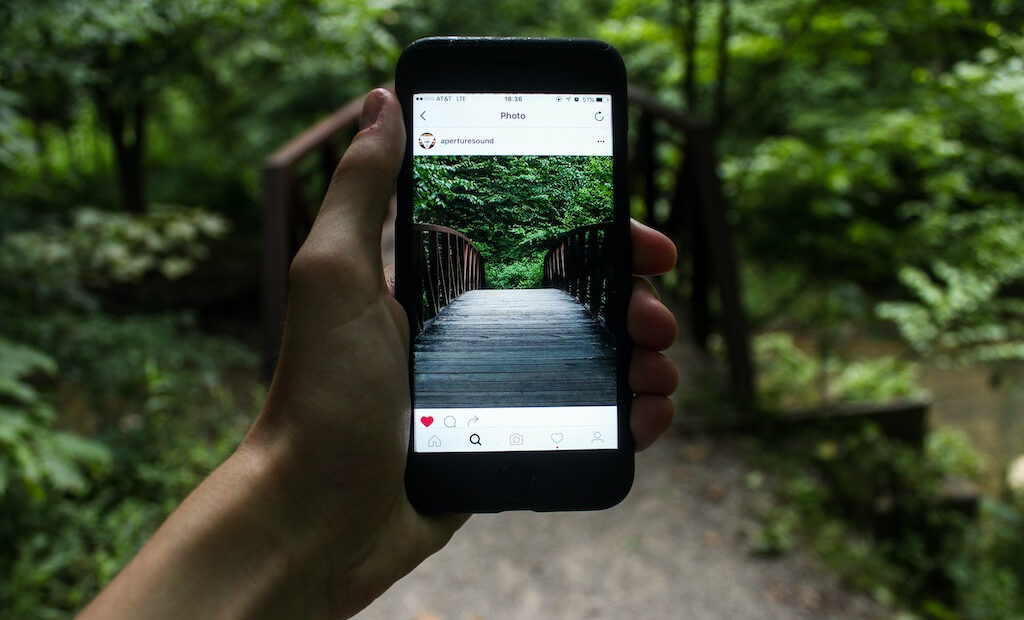How does social media impact the travel industry?

There are two ways in which social media impacts the travel industry. The first is by creating interest, and the second is by setting expectations. This isn’t a deliberate act by the social media accounts, even though it is their algorithms that cause it.
An apt comparison is that a handcrafted, wooden toy boat will flow further down the river than a paper boat – even though the river is the cause of this, one cannot truly hold it to blame. Social media would be the river.
How social media creates interest
One sees hot 19-year-olds on Instagram on yachts in a blue sea; one sees grizzled, bearded men climbing mountains; one sees kids shooting down massive exotic water slides, and it’s hard not to want the same. As Hannibal Lecter said, “We covet what we see,” and social media is allowing us to see far more than we ever could back in the days when our only portal to the greater world was a TV with five channels.
Does interest translate into more vacation bookings and more people taking exotic trips? Well, yes, it does, and that is the reason why even the worst budget airlines are still making massive profits. Sure, most people look at these posts and put trips on their bucket list, never to be thought of again, but some people fixate on the idea and eventually do it. It is thanks to social media that some of the least traditionally touristy places are being visited.
What’s more, where the photos of rich people taking expensive vacations may be popular, it is the fact that regular-looking middle-income people are taking these vacations that really stirs the spirits of the people watching. If ugly Joe and broke Diane can go to these exotic locations, then why can’t everyone else? Couple this with a cheap off-peak flight and a modest hotel, and you have a vacation.
Why are people swapping social media accounts?
Companies who sell travel packages and vacations, along with affiliates of such companies, will often buy the social media accounts of people who like travel photos and videos. People who want to visit new places but are unsure where to go will often allow social media to inspire them. Travel companies and their affiliates will happily buy the accounts of people who post vacation photos, wildlife photos, location-based activities and so forth. It gives them a direct line to the sorts of people who would buy similar experiences. Companies like https://fameswap.com/ are making a fortune selling travel-related social media accounts.
Surges in the Paris Syndrome
This sound fake, but it is true and medically documented: Paris Syndrome is the umbrella term for a culture shock that is so impactful that it negatively affects the sufferer. Japanese people would visit Paris, and it differed in real life so much from what they were fed by the media that it led to a massive culture shock.
Hiroaki Ota, a Japanese psychiatrist working at the Sainte-Anne Hospital Centre in France, coined the term “Paris Syndrome” in the 1980s. It is an extreme form of culture shock that has a very negative effect on a person’s state of mind and health. Social media has actually made it worse.
Instagram is not a bad platform, but it (and Facebook to a lesser extent) are to blame for the worsening of this syndrome. People are going abroad expecting it to match their Instagram pictures, and it comes as a massive disappointment when it doesn’t.
Here are some examples from a website called Bored Panda. It shows the professional Instagram types of photos, followed by what people really see when they visit these places.
People’s expectations are directed by social media algorithms. Those feeds don’t highlight the shoddy, nasty, poorly taken, blurry and ugly pictures of famous places. They promote the beautiful, special photos, which moulds people’s expectations into an idealised version of reality that is difficult to recreate in real life.
The editorial unit























Facebook
Twitter
Instagram
YouTube
RSS